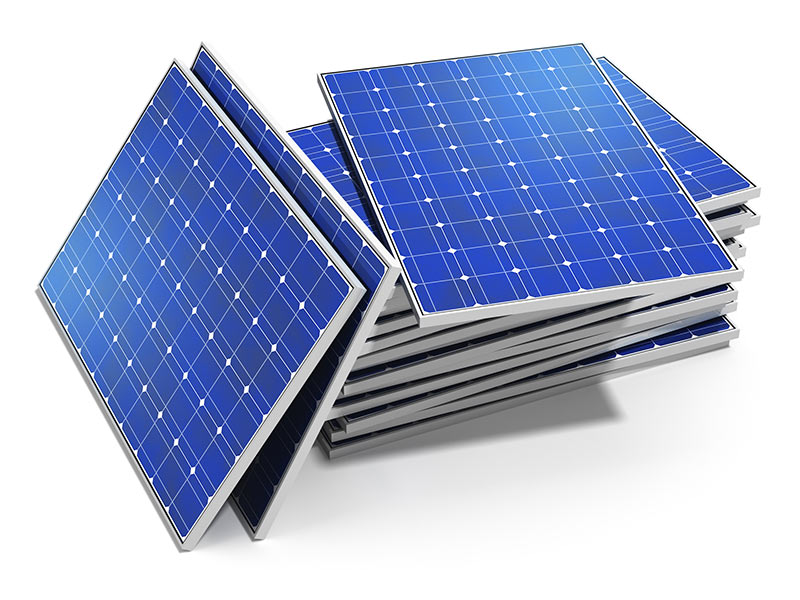Buy Good Solar Panels: Today, more and more people are looking to find ways to reduce their electricity expenses.
One way to accomplish this is to limit the use of any electrical appliances in the home.
But, most of us find this difficult to do. So, what else can we do to save money on electricity bills?
One viable option is to buy solar panels so that you can generate your own electricity.
Related:32 Tips to Open Solar Panel Building Business
Solar panels will help you to do this.
A solar panel is a device that converts light from the sun into usable electricity.
The more intense the solar light is, the more energy they can produce.
See also:Top 34 Lucrative Solar Business Opportunities
Good Solar Panels
1. What are Some Advantages to Using Solar Power?
There are many advantages. For example, if you use them to power your electric-based heating system.
You will not experience any recurring monthly expenses related to the heating of your home.
With oil or gas-based heaters.
You must pay the gas or oil consumption expenses monthly.
In order to maintain the continuous heating of your home.
See also:60 Best Business To Achieve In Nigerians
2. Good Solar Panels
Since solar power is FREE, you can run your electric based heating.
Or cooling system without experiencing any extra monthly costs.
Many people like using solar power, because it is a “clean energy source” and not harmful to the environment.
Some countries, the United States included, actually provide tax incentives.
And benefits to people who buy solar panels and generate their own electricity!
When you buy them, there are many things to consider….
See also:100 Profitable Engineering Business in Nigeria
Good Solar Panels
3. Calculate your electrical needs.
Check or estimate the power consumption required for any of the electrical appliances in your home.
That you would like to power.
Most people use the energy generated from them to heat their water.
Since a water heater or air conditioning/heating units all, typically, consume a good amount of electricity.
Make a list of the wattage ratings for any electrical appliances you might want to power with the solar panels.
View also:16 Tips to Start Battery Reconditioned Business in Nigeria
4. Good Solar Panels
Add up all those wattage amounts.
That will give you an idea of the amount of electricity you are consuming monthly.
When using those particular devices and appliances.
When selecting your panels.
Choose those with a slightly higher wattage rating than the amount you calculated from your list.
This ensures that the ones you will be buying will have enough power output for your appliances.
Good Solar Panels
5.Consider the desired location for your panels.
See also:5 tips to Identify Quality Fingerlings for Business
Good Solar Panels
6. Look into the guaranteed service life.
That is simply not true! Check your expenses to see if buying your panels will give you savings over such a period of time (10-15 years). You determine this when you:
- Look at the estimated power consumption for the devices and appliances for each month.
- Then, multiply that number by 12 to get the estimated cost per year.
- Now, multiply that number (the estimated cost per year) by the guaranteed service life of the panels to see what that potential savings would be and… whether or not the investment makes sense to you.
Read also: Top 50 Celebrity Wardrobe Business Ideas in Nigeria
Good Solar Panels
7. Consider add-ons.
8. Good Solar Panels
Polycrystalline PV panels are greater efficiency but also higher cost.
View also:11 Tips to Start Castor Crop Cultivation Business in Nigeria
9. Good Solar Panels
See also:50 Tips for Less Expends in Business
10. Where to get solar panels
More tips
- Check your utility bill to see your power consumption.
- Reduce your power consumption to ensure the panels provide enough power.
Conclusion:
- Power production will vary day to day and from summer to winter, depending on conditions.
- Under ideal conditions 1kW of panels would produce 1kWh of energy each hour.
- But you cannot expect ideal conditions.
- And there are generally loses of power that occur in a system that have to be accounted for as well as less than ideal conditions.
- Some households use as much as 30 or more kilowatts a day.

